
Nîmes: The Rome of France
Nîmes, located in the southern part of France, is often referred to as the 'Rome of France' due to its impressive collection of Roman monuments. The city boasts one of the best-preserved Roman amphitheaters in the world, the Arena of Nîmes, which still hosts events and concerts today. Visitors can also explore the Maison Carrée, a beautifully preserved Roman temple that provides a glimpse into the city's ancient past. Aside from its rich history, Nîmes offers a charming blend of narrow streets, beautiful gardens, and vibrant markets. The Jardins de la Fontaine, one of the oldest public gardens in Europe, is an ideal spot for a leisurely stroll or a relaxing picnic. The city's bustling market, Les Halles de Nîmes, is a food lover's paradise, offering a wide range of local produce, cheeses, and wines. Nîmes is also known for its annual events, including the Feria de Nîmes, which celebrates the city's bullfighting heritage, and the Roman Games, a historical reenactment that transports visitors back to the days of gladiators and chariot races. With its unique blend of history, culture, and modern charm, Nîmes is a must-visit destination for any traveler exploring the south of France.
Local tips in Nîmes
- Visit the Arena of Nîmes early in the morning to avoid crowds and enjoy the best light for photos.
- Explore the Jardins de la Fontaine in the late afternoon when the light is soft and the gardens are less crowded.
- Try the local specialty, brandade de morue, a delicious dish made from salted cod.
- Check the event schedule at the Arena of Nîmes; attending a concert or event there is a unique experience.
- Wear comfortable shoes as the best way to explore Nîmes is on foot.
Nîmes: The Rome of France
Nîmes, located in the southern part of France, is often referred to as the 'Rome of France' due to its impressive collection of Roman monuments. The city boasts one of the best-preserved Roman amphitheaters in the world, the Arena of Nîmes, which still hosts events and concerts today. Visitors can also explore the Maison Carrée, a beautifully preserved Roman temple that provides a glimpse into the city's ancient past. Aside from its rich history, Nîmes offers a charming blend of narrow streets, beautiful gardens, and vibrant markets. The Jardins de la Fontaine, one of the oldest public gardens in Europe, is an ideal spot for a leisurely stroll or a relaxing picnic. The city's bustling market, Les Halles de Nîmes, is a food lover's paradise, offering a wide range of local produce, cheeses, and wines. Nîmes is also known for its annual events, including the Feria de Nîmes, which celebrates the city's bullfighting heritage, and the Roman Games, a historical reenactment that transports visitors back to the days of gladiators and chariot races. With its unique blend of history, culture, and modern charm, Nîmes is a must-visit destination for any traveler exploring the south of France.
When is the best time to go to Nîmes?
Iconic landmarks you can’t miss
Amphitheatre of Nîmes
Discover the Amphitheatre of Nîmes, a UNESCO World Heritage site, where ancient Roman history comes alive amid breathtaking architecture and vibrant cultural events.
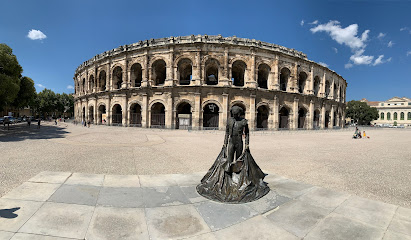
Jardin de La Fontaine
Experience the tranquility and historical charm of Jardin de La Fontaine, a beautiful park in the heart of Nîmes, France.
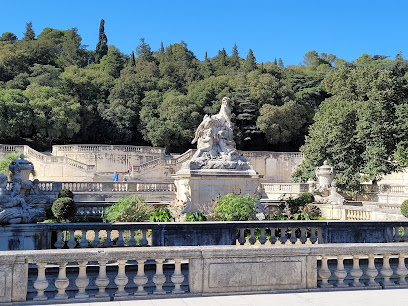
Maison Carrée
Explore the majestic Maison Carrée, an iconic Roman temple in Nîmes, France, showcasing the brilliance of ancient architecture and culture.
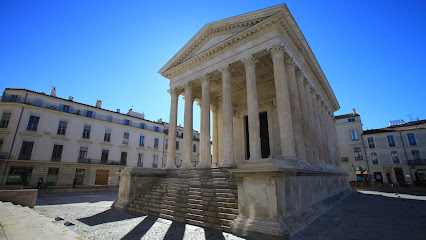
Museum Romanité
Explore the treasures of ancient Rome at the Museum of Romanity, Nîmes - a captivating journey through time and history.
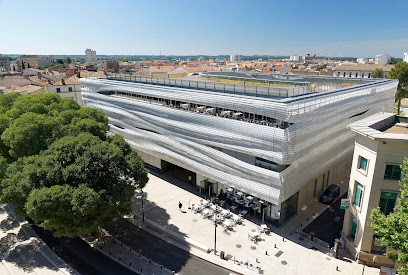
Tour Magne
Experience the stunning views and rich history at Tour Magne, a must-visit cultural landmark in Nîmes, France.
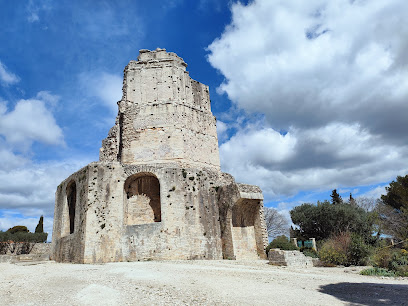
Nîmes Tourist Office
Explore the rich Roman heritage and vibrant culture of Nîmes at the Nîmes Tourist Office, your essential guide to this enchanting southern French city.
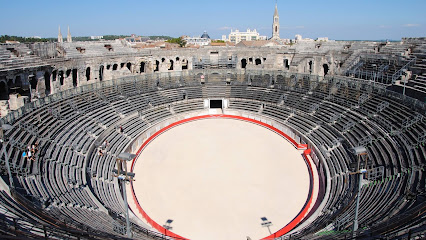
Nîmes Cathedral
Explore the architectural beauty and spiritual serenity of Nîmes Cathedral, a historical gem in the heart of southern France.
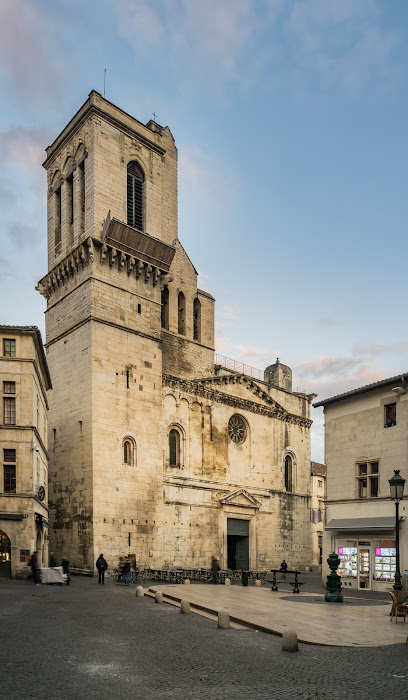
Carré d'Art
Discover Carré d'Art, Nîmes' premier modern art museum, where contemporary creativity meets ancient Roman heritage in a stunning architectural masterpiece.
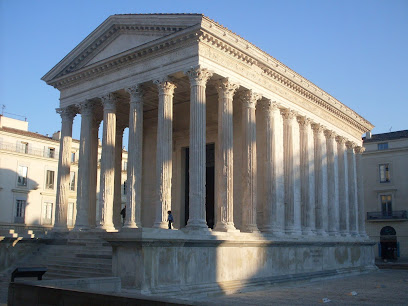
Porte d'Auguste
Explore the stunning Porte d'Auguste in Nîmes, a remarkable historical landmark showcasing the glory of ancient Roman architecture.
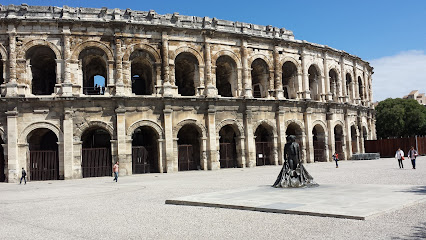
Clock Tower
Discover the historic Clock Tower in Nîmes, a beautiful landmark rich in culture and a must-see for all visitors exploring this enchanting French city.
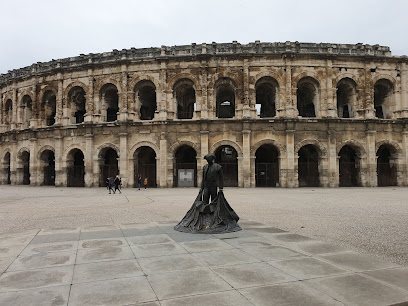
Temple of Diana
Explore the ancient elegance of the Temple of Diana in Nîmes, a breathtaking historical landmark showcasing Roman architectural brilliance.
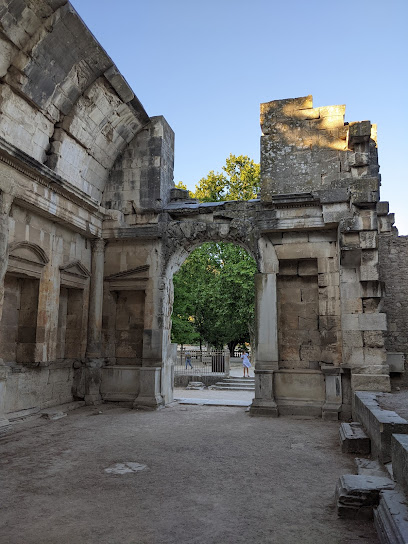
Castellum Aquae
Discover the ancient engineering marvel of Castellum Aquae in Nîmes, a remarkable historical landmark showcasing Roman ingenuity and architecture.
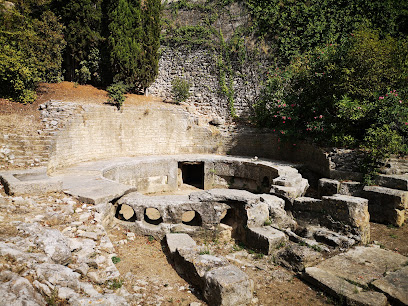
Square Antonin
Experience the tranquility of Square Antonin, a serene garden in Nîmes, where nature meets history in a vibrant urban oasis.
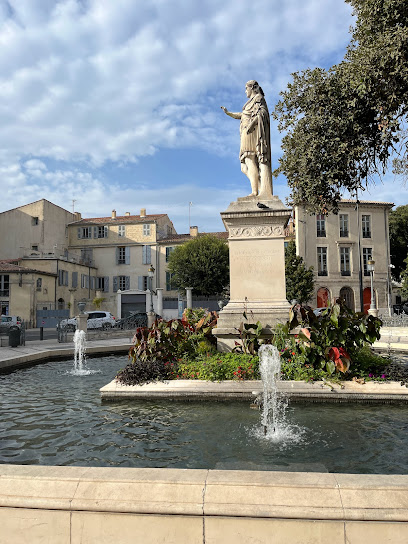
Musée du Vieux Nîmes
Explore the rich heritage of Nîmes at Musée du Vieux Nîmes, where history comes alive through captivating exhibits and artifacts.
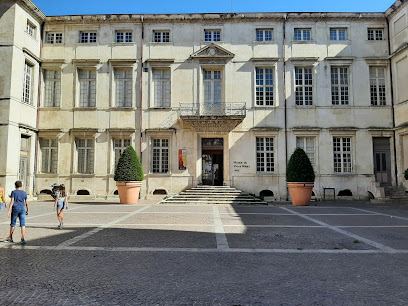
Bains Romains du Jardin de la Fontaine
Discover the ancient Roman baths at Jardin de la Fontaine, a historical landmark that beautifully showcases Nîmes' rich heritage and architectural marvels.
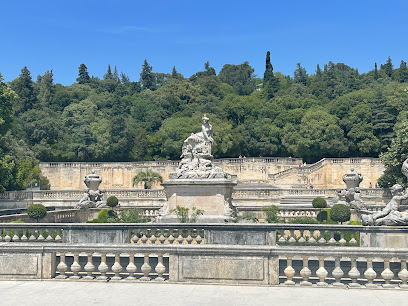
Unmissable attractions to see
Palais des Papes
Explore the grandeur of Palais des Papes, a UNESCO World Heritage site in Avignon, showcasing stunning Gothic architecture and rich papal history.
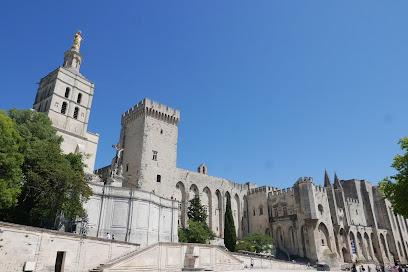
Pont du Gard
Discover the breathtaking Pont du Gard, an ancient Roman aqueduct and a UNESCO World Heritage site, nestled in the scenic Vers-Pont-du-Gard.

Carrières des Lumières
Experience the breathtaking fusion of art and nature at Carrières des Lumières, an immersive cultural center in the heart of Les Baux-de-Provence.
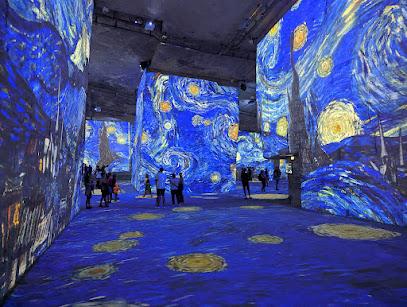
Jardin de La Fontaine
Explore the enchanting Jardin de La Fontaine, a historic park in Nîmes, where nature meets history amid stunning landscapes and ancient ruins.
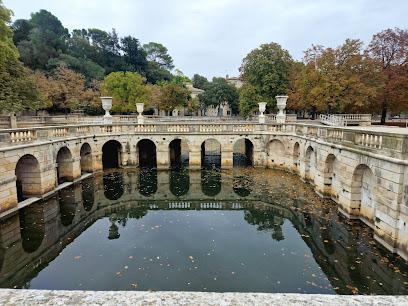
ESCAPEGAME.LOL - Escape Game & Blind Test & Karaoké & Jeux vidéos à Montpellier
Experience the thrill of escape rooms, karaoke, and gaming at ESCAPEGAME.LOL, Montpellier's ultimate entertainment destination for families and friends.
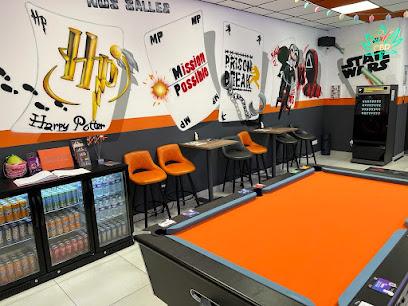
The Bridge of Avignon
Explore the historic Bridge of Avignon, a stunning landmark that blends history and beauty along the Rhône River, enriching your travel experience in France.
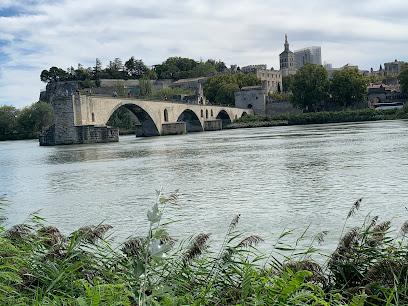
Arles Arena
Explore the Arles Arena, a stunning Roman amphitheater in the heart of Arles, showcasing history, culture, and unforgettable events.
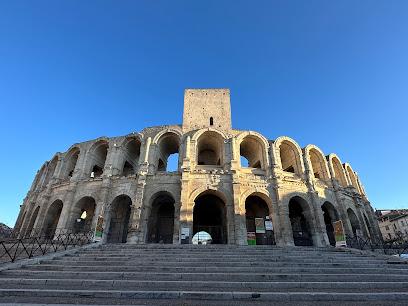
Château des Baux-de-Provence
Explore the medieval wonders and breathtaking views at Château des Baux-de-Provence, a historical gem in the heart of Provence.
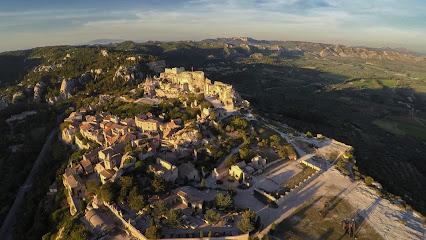
Place de la Comédie
Experience the vibrant essence of Montpellier at Place de la Comédie, a cultural centerpiece filled with history, dining, and entertainment options.
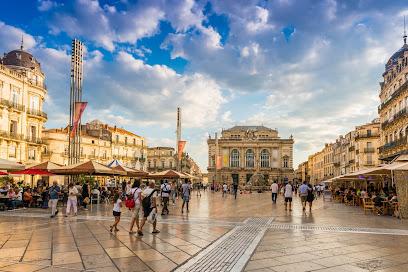
Towers and Walls of Aigues-Mortes
Uncover the rich history and stunning architecture of the Towers and Walls of Aigues-Mortes, a remarkable fortress in the heart of France.
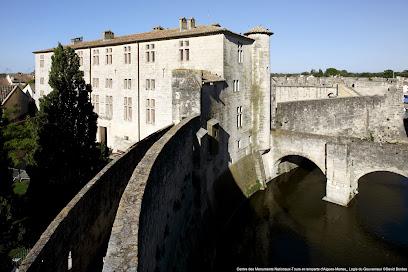
Théâtre antique d'Orange
Explore the Ancient Theatre of Orange, a UNESCO World Heritage site of remarkable Roman architecture and cultural heritage in the heart of France.
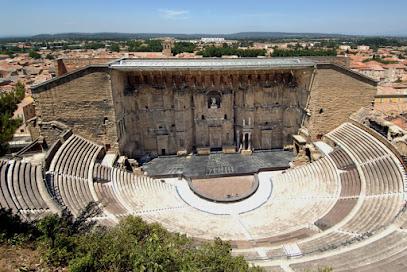
Ornithological Park of Pont de Gau
Discover the Ornithological Park of Pont de Gau, a stunning natural habitat where you can observe diverse bird species in the heart of the Camargue.
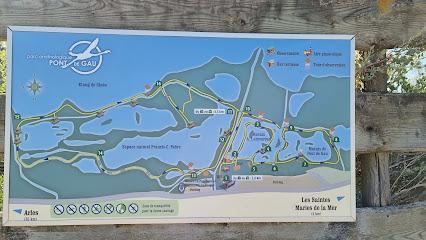
Jardin des plantes de Montpellier
Experience tranquility and biodiversity at the historic Jardin des Plantes de Montpellier, a must-visit botanical garden in the heart of France.
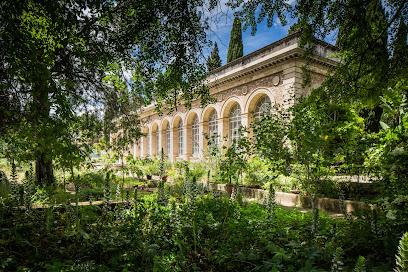
Les Halles d'Avignon
Discover the vibrant flavors of Provence at Les Halles d'Avignon, a bustling market brimming with fresh produce and local delicacies.
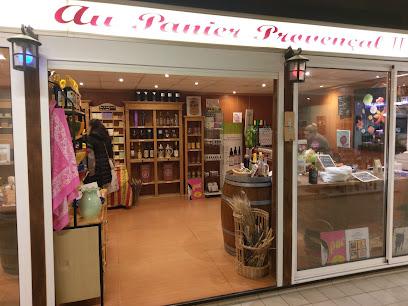
Museum Romanité
Explore the Museum of Romanité in Nîmes: a remarkable journey through ancient Rome's heritage and history.
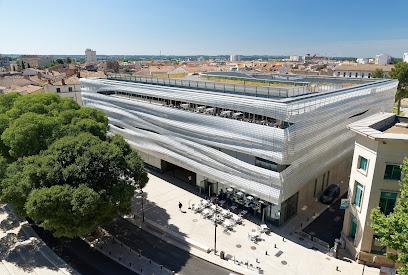
Essential places to dine
IL RISTORANTE - le restaurant italien de Nîmes
Experience authentic Italian cuisine at IL RISTORANTE in Nîmes - where every dish tells a story.
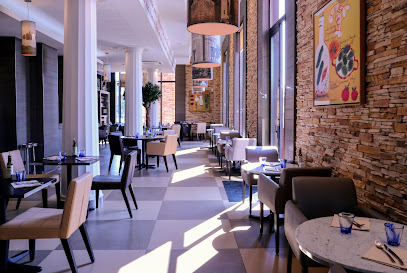
La Piazzetta
Experience authentic Italian cuisine at La Piazzetta in Nîmes - home to delicious pizzas and warm hospitality.
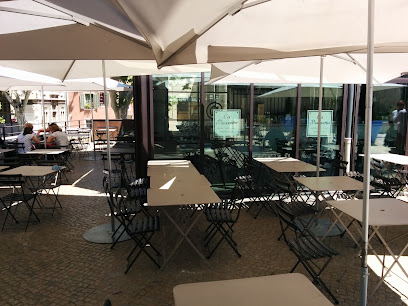
Bistr'AU de Jérôme Nutile
Experience exquisite haute French cuisine at Bistr'AU de Jérôme Nutile in Nîmes - where tradition meets Mediterranean flair.

Le Dé-K-Lé Bistrot Gourmand
Experience authentic French cuisine at Le Dé-K-Lé Bistrot Gourmand in Nîmes – where every dish tells a story.
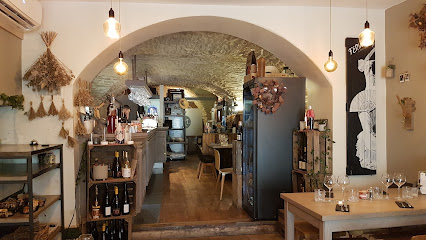
Pinocchio
Experience authentic Italian cuisine at Pinocchio Restaurant in Nîmes - where flavor meets tradition in every delicious dish.
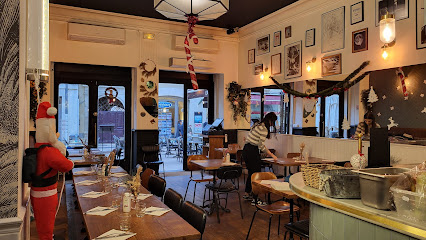
Au Flan Coco- restaurant à Nîmes
Savor Mediterranean flavors at Au Flan Coco in Nîmes—where culinary excellence meets a warm family-friendly atmosphere.
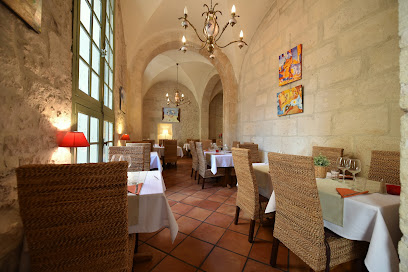
L'Eléphant Nîmes
Experience authentic Italian cuisine at L'Eléphant Nîmes, famous for its delicious pizzas and inviting atmosphere in the heart of France.
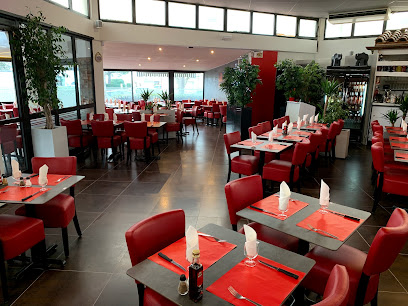
Restaurant Le Vatel
Discover the essence of French cuisine at Restaurant Le Vatel in Nîmes – where every meal is an exquisite culinary journey.
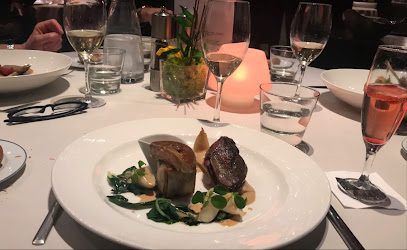
The Bird
Experience modern French cuisine at The Bird in Nîmes – where tradition meets innovation in every bite.
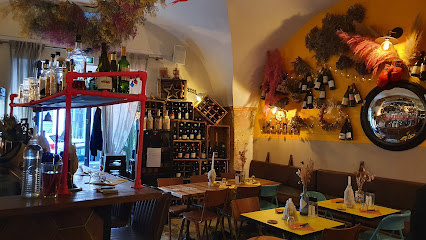
L'imprev'
Experience authentic French and Mediterranean cuisine at L'imprev', a must-visit restaurant in Nîmes offering delightful flavors and exceptional service.
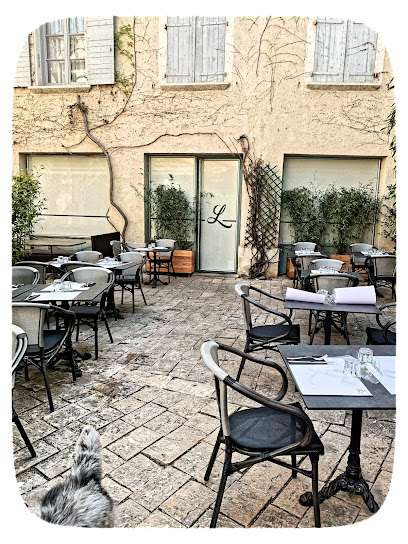
Carré Jazz
Discover the culinary gem of Nîmes at Carré Jazz - where French cuisine meets vibrant nightlife.
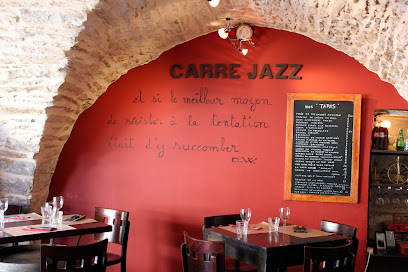
Le Bistrot de Tatie Agnès
Discover traditional French flavors at Le Bistrot de Tatie Agnès in Nîmes - where every meal tells a story.
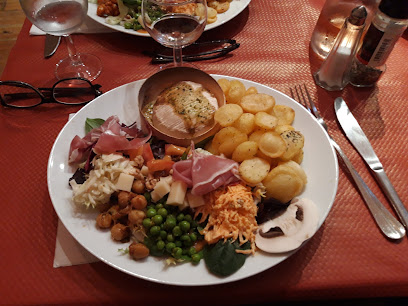
L'Epicurien
Discover the flavors of Morocco and the Mediterranean at L'Epicurien in Nîmes - where culinary traditions meet modern elegance.
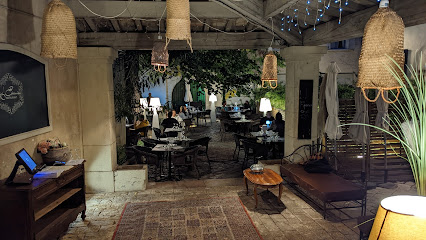
La Table Du 2
Experience authentic French cuisine at La Table Du 2 in Nîmes – where every dish is a celebration of local flavors and culinary artistry.
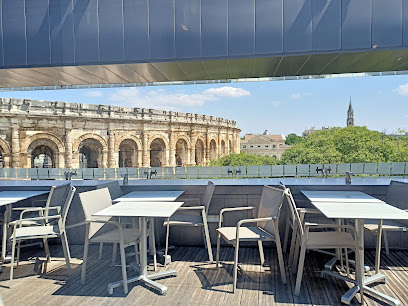
Le Questel
Discover Le Questel in Nîmes: A perfect blend of traditional French cuisine, vibrant bar ambiance, and cozy café charm awaits you.
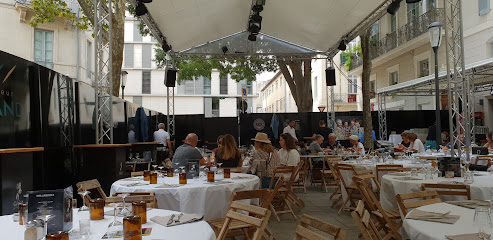
Markets, malls and hidden boutiques
La Galerie
Discover Nîmes' vibrant shopping scene at La Galerie, featuring boutiques, fast food, and a variety of stores for every taste.
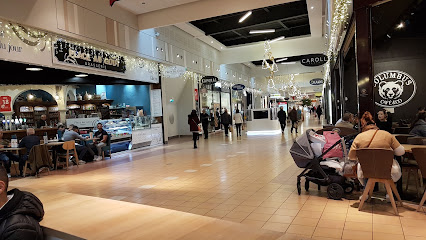
La Coupole
Explore La Coupole, Nîmes' vibrant shopping mall offering a unique blend of retail, dining, and cultural experiences in the heart of the city.
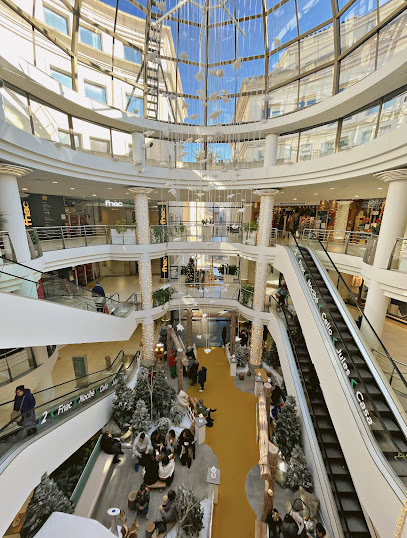
Nature and Discoveries
Explore Nature and Discoveries in Nîmes – your gateway to unique gifts and eco-friendly treasures inspired by the beauty of nature.
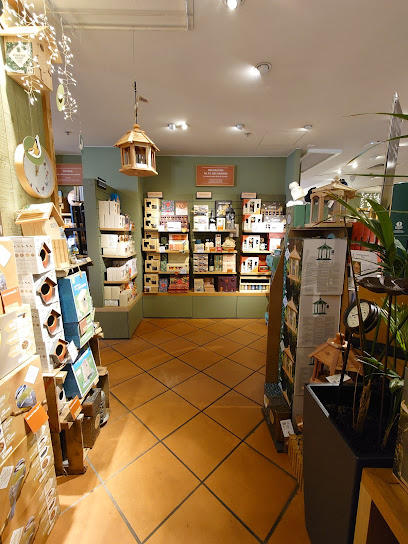
Flying Tiger Copenhagen Nîmes
Explore the playful and unique offerings at Flying Tiger Copenhagen Nîmes, the ultimate gift shop for quirky souvenirs and fun finds.
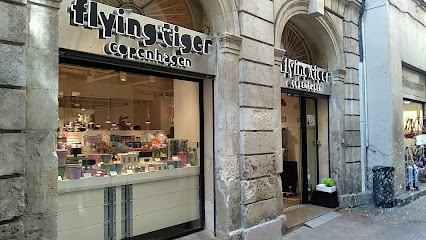
Majesthé - Magasin de thés à Nîmes
Explore a world of exquisite teas at Majesthé in Nîmes - a tea lover's dream destination featuring a diverse selection of brews and delightful accessories.
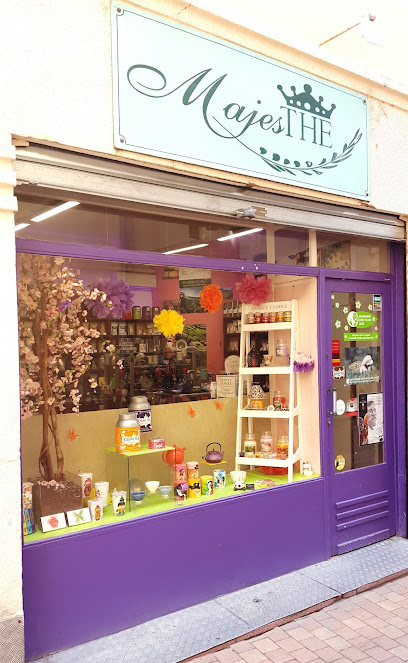
Mac Dowan - Boutique de vêtements
Explore Mac Dowan in Nîmes for a unique blend of men's, women's, and vintage fashion that celebrates style for everyone.
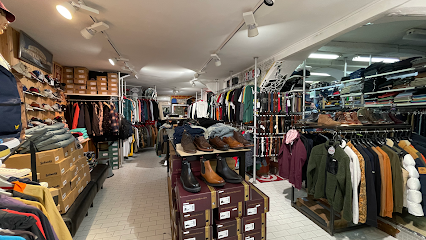
Le Shop
Explore Le Shop in Nîmes for high-quality men's fashion, blending style and modern trends in a charming boutique atmosphere.
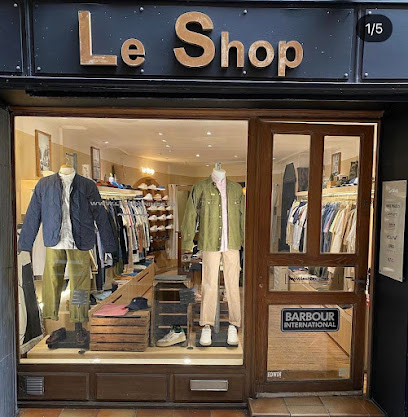
Ateliers de Nîmes
Explore Ateliers de Nîmes: A premier clothing store blending local craftsmanship with contemporary fashion in the heart of Nîmes.
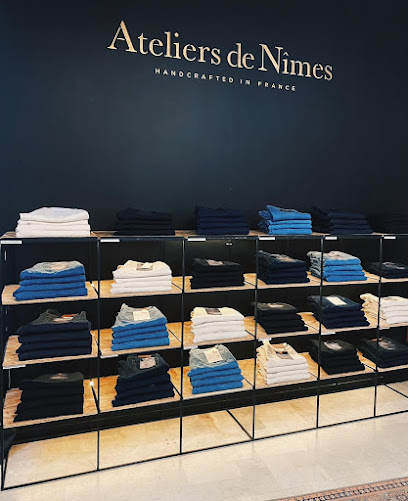
PYLONES
Explore the whimsical world of PYLONES in Nîmes, where unique gifts and charming accessories come to life in a vibrant shopping experience.
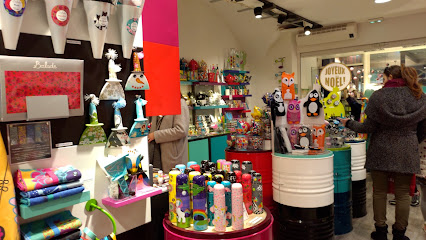
Freak's Style store
Explore the trendy Freak's Style Store in Nîmes for unique clothing, stunning jewelry, and fashionable footwear that captures the essence of French fashion.
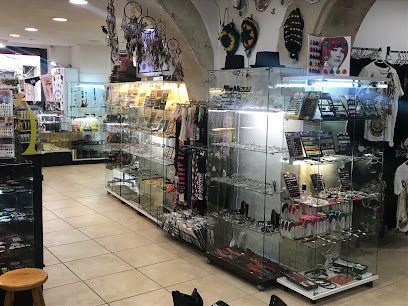
LA BOUTIQUE NIMOISE
Experience the best of Nîmes at La Boutique Nimoise, where local delicacies meet gourmet gifts in a charming setting.
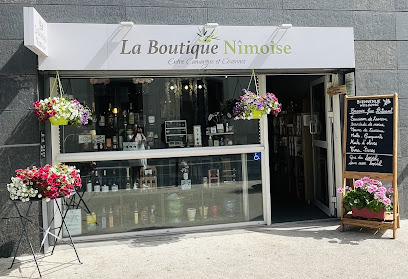
Nîmes Souvenirs
Discover the heart of Nîmes through unique souvenirs and artisanal gift baskets at Nîmes Souvenirs, your perfect shopping destination.
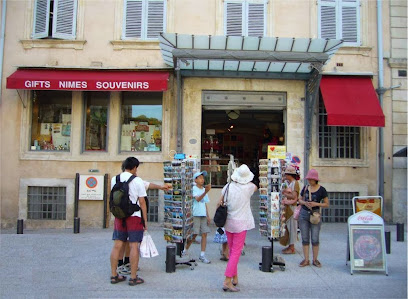
Victor and Madeleine
Explore Victor and Madeleine in Nîmes for exquisite women's fashion, elegant accessories, and the charm of French style.
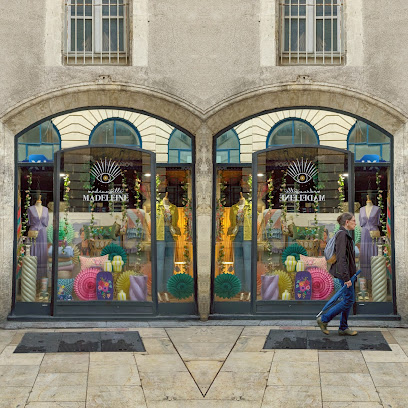
Paloma Prêt à Porter Nîmes
Discover the stylish world of Paloma Prêt à Porter, a women's boutique in Nîmes offering a curated selection of fashionable apparel and accessories.
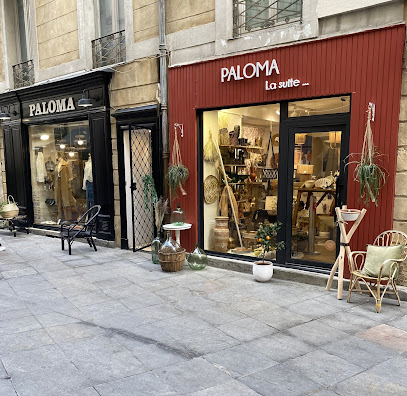
LITTLE CANDY SHOP prêt à porter et accessoires Nîmes
Uncover a unique fashion destination in Nîmes, featuring stylish clothing, accessories, and local treasures at LITTLE CANDY SHOP.
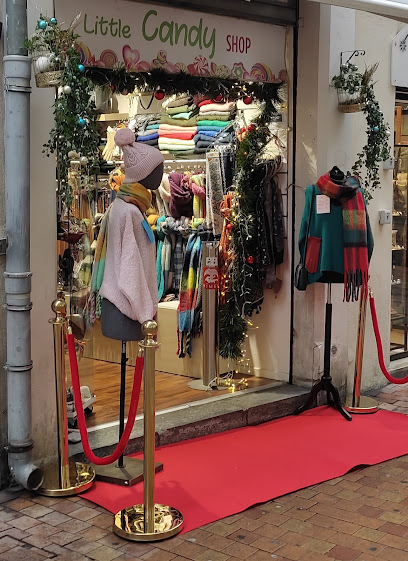
Essential bars & hidden hideouts
O’Flaherty’s
Discover O’Flaherty’s Pub in Nîmes - a vibrant spot for traditional drinks, live music, and unforgettable local experiences.
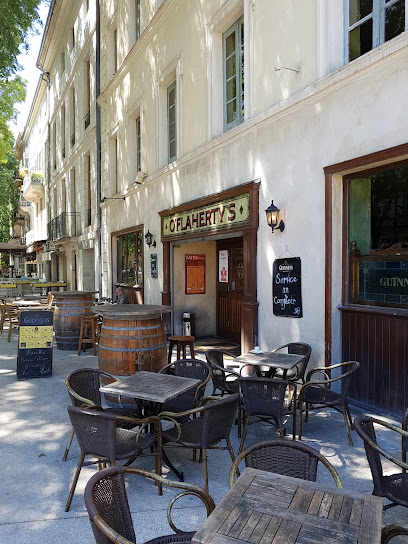
Bar Le Victor Hugo
Discover the lively Bar Le Victor Hugo in Nîmes, a charming spot for cocktails, tapas, and an inviting atmosphere that enchants every visitor.
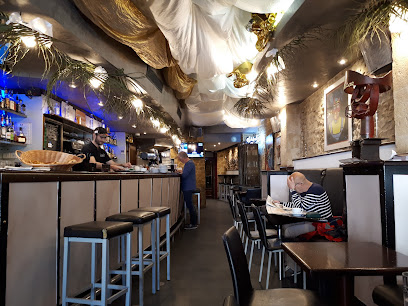
L'Instant T
Discover the lively ambiance of L'Instant T in Nîmes, a delightful beer hall offering live music, delicious food, and a vast selection of beers.
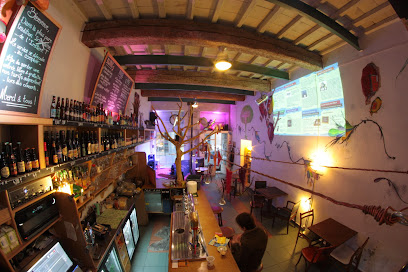
Carré Jazz
Experience the culinary charm of Carré Jazz in Nîmes, where French cuisine meets a vibrant atmosphere with tapas and cocktails.
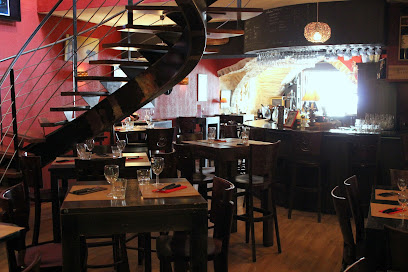
London Tavern
Discover the lively London Tavern in Nîmes, a perfect blend of pub, cafe, and live music venue that captures the essence of local culture.
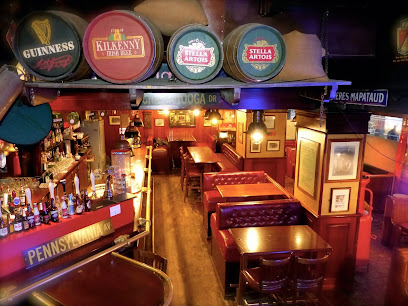
Wine Bar
Explore the exquisite French cuisine and exceptional wines at Le Cheval Blanc Wine Bar in the heart of Nîmes, a culinary gem that delights every palate.
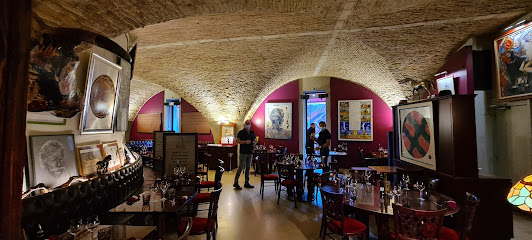
La bonne mousse
Discover La Bonne Mousse, a vibrant pub in Nîmes offering a unique selection of local beverages and an inviting atmosphere for all tourists.
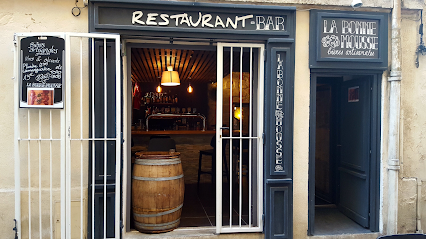
Restaurant La Réserve - Bar Musical
Experience the vibrant atmosphere and delectable dishes at Restaurant La Réserve in Nîmes, where culinary delights meet live music.
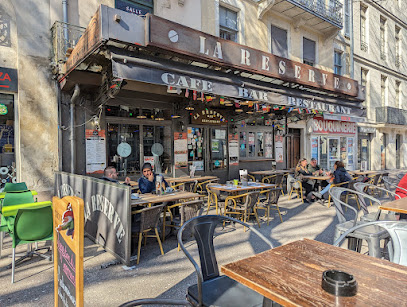
Barberousse Nîmes
Experience the vibrant nightlife of Nîmes at Barberousse, where great drinks and a lively atmosphere await every visitor.
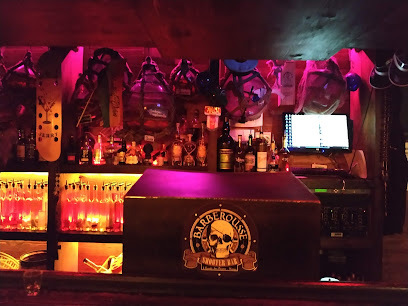
Gard O Wine
Experience the perfect blend of exquisite wines and authentic Italian cuisine at Gard O Wine in Nîmes, a true gem for food and wine lovers.
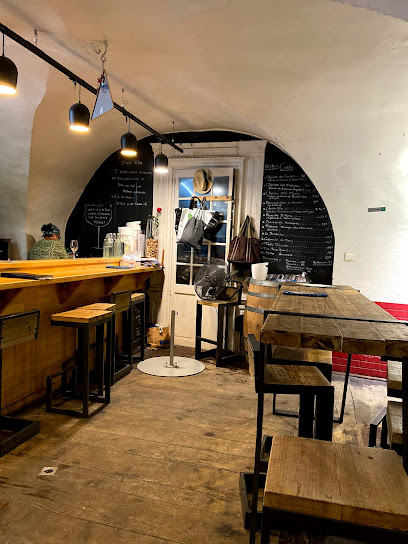
Big Ben Bar
Experience the vibrant nightlife at Big Ben Bar in Nîmes, where delicious drinks and great company blend for unforgettable evenings.
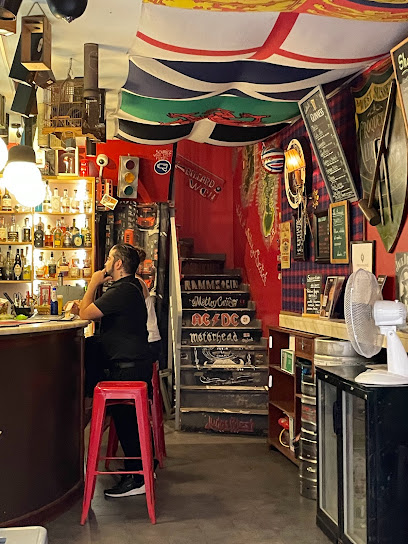
Les Enfants Denîm
Discover the vibrant culinary scene of Nîmes at Les Enfants Denîm, where modern dining meets local tradition in a cozy bar atmosphere.
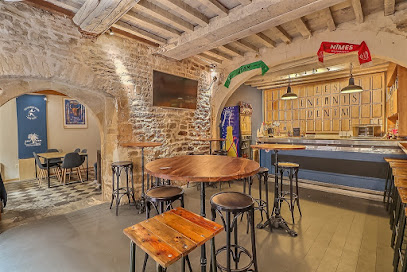
Bar des Beaux Arts
Discover the charm and artistic flair of Nîmes at Bar des Beaux Arts, a perfect spot for tourists to relax and enjoy local flavors.
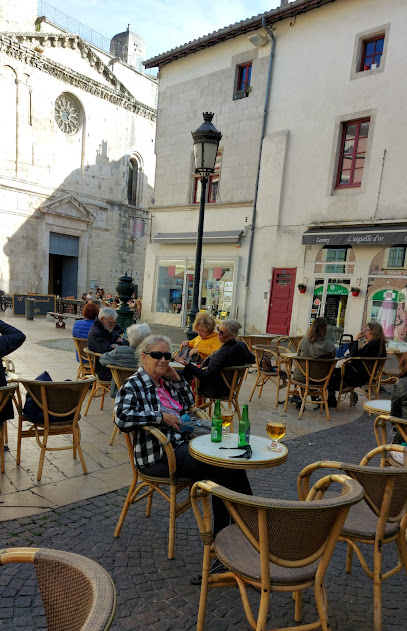
The chill-out
Experience the tranquil charm of The Chill-Out, Nîmes' premier wine bar and tea house, where exceptional beverages and a cozy atmosphere await.
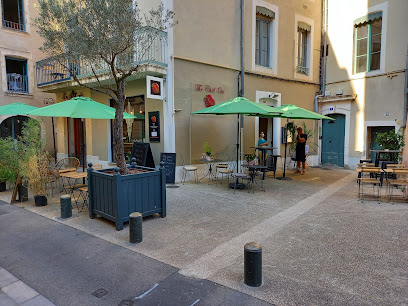
Local Phrases
-
- HelloBonjour
[bohn-zhoor] - GoodbyeAu revoir
[oh reh-vwahr] - YesOui
[wee] - NoNon
[nohn] - Please/You're welcomeS'il vous plaît / De rien
[seel voo pleh / duh ryehn] - Thank youMerci
[mehr-see] - Excuse me/SorryExcusez-moi / Désolé
[ex-kew-zay mwa / day-zoh-lay] - How are you?Comment ça va?
[koh-mohn sah vah] - Fine. And you?Bien. Et vous?
[byehn. ay voo] - Do you speak English?Parlez-vous anglais?
[par-lay voo ahn-glay] - I don't understandJe ne comprends pas
[zhuh nuh kohm-prahnd pah]
- HelloBonjour
-
- I'd like to see the menu, pleaseJe voudrais voir le menu, s'il vous plaît
[zhuh voo-dray vwar luh muh-nyoo, seel voo pleh] - I don't eat meatJe ne mange pas de viande
[zhuh nuh mahnzh pah duh vyand] - Cheers!Santé!
[sahn-tay] - I would like to pay, pleaseJe voudrais payer, s'il vous plaît
[zhuh voo-dray pay-yay, seel voo pleh]
- I'd like to see the menu, pleaseJe voudrais voir le menu, s'il vous plaît
-
- Help!Au secours!
[oh sey-coor] - Go away!Allez-vous en!
[ah-lay vooz ahn] - Call the Police!Appelez la police!
[ah-peh-lay lah poh-leece] - Call a doctor!Appelez un médecin!
[ah-peh-lay uh may-deh-sahn] - I'm lostJe suis perdu
[zhuh swee pair-doo] - I'm illJe suis malade
[zhuh swee mah-lahd]
- Help!Au secours!
-
- I'd like to buy...Je voudrais acheter...
[zhuh voo-dray zahsh-tay...] - I'm just lookingJe regarde juste
[zhuh ruh-gard zhust] - How much is it?Combien ça coûte?
[kohm-byen sah koot] - That's too expensiveC'est trop cher
[say troh shair] - Can you lower the price?Pouvez-vous baisser le prix?
[poo-vez voo bay-say luh pree]
- I'd like to buy...Je voudrais acheter...
-
- What time is it?Quelle heure est-il?
[kell ur eh-teel] - It's one o'clockIl est une heure
[eel eh tun ur] - Half past (10)Dix heures et demie
[dee-z ur ay duh-mee] - MorningMatin
[mah-tahn] - AfternoonAprès-midi
[ah-pray mee-dee] - EveningSoir
[swahr] - YesterdayHier
[ee-ay] - TodayAujourd'hui
[oh-zhoor-dwee] - TomorrowDemain
[duh-mahn] - 1Un
[uhn] - 2Deux
[duh] - 3Trois
[twah] - 4Quatre
[kah-truh] - 5Cinq
[sank] - 6Six
[sees] - 7Sept
[sept] - 8Huit
[wheat] - 9Neuf
[nuff] - 10Dix
[dee]
- What time is it?Quelle heure est-il?
-
- Where's a/the...?Où est...?
[oo eh...] - What's the address?Quelle est l'adresse?
[kell eh la-dress] - Can you show me (on the map)?Pouvez-vous me montrer (sur la carte)?
[poo-vez voo muh mohn-tray (soor lah kart)] - When's the next (bus)?Quand est le prochain (bus)?
[kahn eh luh proh-shahn (boos)] - A ticket (to ....)Un billet (pour ....)
[uhn bee-yay (poor)]
- Where's a/the...?Où est...?
History of Nîmes
-
Nîmes, originally known as Nemausus, was founded by the Romans in the 1st century BC. The city's strategic location along the Via Domitia, a Roman road linking Italy and Spain, contributed to its growth and prosperity. Many of Nîmes' most famous landmarks, such as the Arena of Nîmes, the Maison Carrée, and the Pont du Gard, were constructed during this period, reflecting the city's importance in the Roman Empire.
-
Built around 70 AD, the Arena of Nîmes is one of the best-preserved Roman amphitheaters in the world. Originally designed to host gladiatorial games and public spectacles, the arena could seat up to 24,000 spectators. Today, it remains a central cultural venue, hosting concerts, bullfights, and historical reenactments.
-
The Maison Carrée is a remarkably well-preserved Roman temple constructed during the late 1st century BC. Dedicated to Gaius and Lucius Caesar, the grandsons of Emperor Augustus, the temple's architecture is a prime example of classical Roman design. Its enduring beauty and historical significance make it a must-visit landmark in Nîmes.
-
Following the fall of the Roman Empire, Nîmes experienced a period of decline and was frequently attacked by various invaders. However, during the Middle Ages, the city began to recover and was fortified with walls and towers. The Cathédrale Notre-Dame-et-Saint-Castor, built in the 11th century, stands as a testament to the city's medieval history and its enduring faith.
-
Nîmes played a significant role in the French Wars of Religion during the 16th century. The city, which had a substantial Huguenot population, saw intense conflict between Catholics and Protestants. The Massacre of St. Bartholomew's Day in 1572 led to widespread violence, deeply affecting the city and its people. Despite the turmoil, Nîmes eventually became known for its spirit of religious tolerance.
-
In the 17th and 18th centuries, Nîmes became a major center for the textile industry. The city is particularly famous for its production of a sturdy cotton fabric known as 'serge de Nîmes,' which is the origin of the word 'denim.' This durable fabric became immensely popular and is now synonymous with jeans worldwide.
-
In the 19th and 20th centuries, Nîmes underwent significant modernization and urban development. The city embraced its rich heritage while fostering a cultural renaissance. Today, Nîmes boasts a vibrant arts scene, numerous festivals, and a commitment to preserving its historical landmarks. The renovation of ancient structures and the construction of contemporary buildings, such as the Carré d'Art, highlight the city's blend of history and modernity.
Nîmes Essentials
-
Nîmes is well-connected and accessible by various means of transportation. The nearest international airport is Nîmes-Alès-Camargue-Cévennes Airport, located about 12 kilometers from the city center. Alternatively, you can fly into Montpellier-Méditerranée Airport or Marseille-Provence Airport, which are approximately 50 and 100 kilometers away, respectively. From these airports, you can take a shuttle bus, train, or rent a car to reach Nîmes. The city is also easily accessible by train, with direct TGV (high-speed train) services from Paris, Lyon, and other major cities. If you prefer driving, Nîmes is well-connected by highways A9 and A54.
-
Nîmes has an efficient public transportation system that includes buses and trams operated by Tango. Tickets can be purchased at kiosks, on buses, or via the Tango app. A single ticket is valid for an hour of travel across all modes of transport. Taxis and ride-sharing services like Uber are also available. For those who prefer cycling, Nîmes offers bike rentals through the VéloTango service. The city center is quite walkable, making it easy to explore the historical sites on foot.
-
The official currency in France is the Euro (EUR). Credit and debit cards are widely accepted in most hotels, restaurants, and shops in Nîmes. However, it is advisable to carry some cash, especially when visiting local markets, smaller shops, or rural areas. ATMs are readily available throughout the city, and many offer instructions in multiple languages.
-
Nîmes is generally a safe city, but it is wise to take standard precautions. Avoid walking alone at night in poorly lit areas and be cautious in crowded places where pickpocketing can occur. The neighborhoods around the train station can be a bit sketchy, so it is best to stay vigilant. Always keep an eye on your belongings and use hotel safes for valuables.
-
In case of an emergency, dial 112, the European emergency number. For medical emergencies, Nîmes University Hospital (CHU de Nîmes) offers comprehensive medical services. Pharmacies are easily found throughout the city and often have extended hours. For police assistance, head to the nearest police station, or dial 17 for immediate help. It is advisable to have travel insurance that covers medical emergencies and other unexpected situations.
-
Fashion: Do dress stylishly but comfortably. Avoid overly casual attire like flip-flops and shorts when dining out. Religion: Do respect religious sites such as Nîmes Cathedral by dressing modestly and keeping noise levels down. Public Transport: Do validate your ticket upon boarding buses and trams. Don't eat or drink on public transport. Greetings: Do greet with a polite 'Bonjour' and a handshake or a light kiss on the cheek (bises) for closer acquaintances. Eating & Drinking: Do try local dishes like brandade de morue and Costières de Nîmes wine. Don't rush your meals; dining is a leisurely affair in France.
-
To experience Nîmes like a local, visit the Les Halles market to buy fresh produce and local delicacies. Take a leisurely stroll through the Jardins de la Fontaine, and don't miss the Roman monuments like the Arena of Nîmes and the Maison Carrée. For a less touristy experience, explore the Écusson district with its narrow streets and hidden courtyards. Engage with locals at cafes and bistros; they are often willing to share insights about the city's history and culture.
Nearby Cities to Nîmes
-
Things To Do in Avignon
-
Things To Do in Montpellier
-
Things To Do in Aix-en-Provence
-
Things To Do in Marseille
-
Things To Do in Grenoble
-
Things To Do in Saint-Tropez
-
Things To Do in Cannes
-
Things To Do in Lyon
-
Things To Do in Nice
-
Things To Do in Toulouse
-
Things To Do in Girona
-
Things To Do in Les Moneghetti
-
Things To Do in Moneghetti
-
Things To Do in Fontvieille
-
Things To Do in La Condamine











